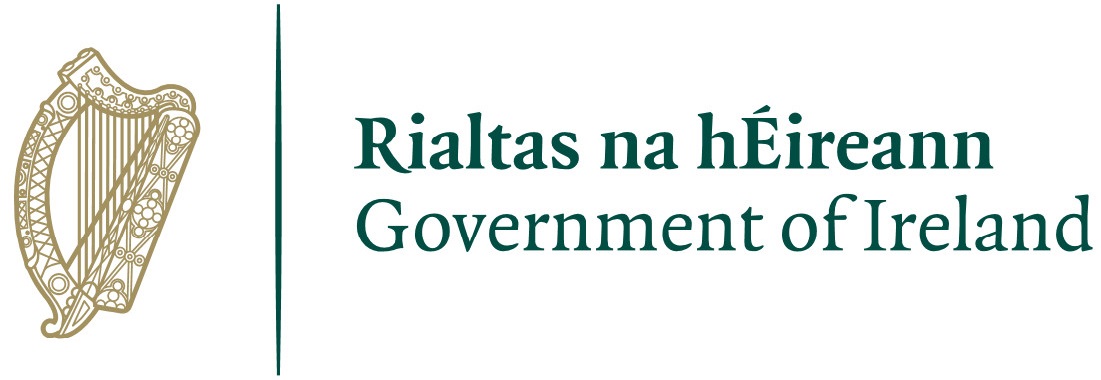SOLAS Launches the 21st Edition of the National Skills Bulletin
SOLAS/23.10.2025
)
SOLAS today launched the latest edition of their National Skills Bulletin which provides an in-depth analysis of Ireland’s labour market, identifying jobs that are in high demand, and highlighting where skill shortages exist.
The report, published by the Skills and Labour Market Research Unit (SLMRU) in SOLAS, shows that despite global challenges, including geopolitical instability and rising costs of living, Ireland’s economy and labour market continue to show exceptional resilience.
We were delighted to welcome colleagues from across the sector to the launch event including representatives from the Department of Further and Higher Education, Research, Innovation and Science, members of the National Skills Council of Ireland, colleagues and friends from the Education and Training Boards, the Higher Education Authority and many of our universities and technological universities, associated agencies and bodies, and critical partners, including Enterprise Ireland, the IAU, QQI, IBEC, Regional Skills Fora, public authorities and leaders in the wider skills and labour market community.
Key Findings of the National Skills Bulletin 2025:
Employment levels have reached a record high with the labour force participation rate reaching 65.8%, this is driven in part by increased workforce participation among women and non-Irish nationals
Unemployment remains at close to an all-time low of 4.3% - the lowest annual average unemployment rates observed since before the financial crisis in 2008.
Potential future challenges, such as demographic changes, digitisation, AI, evolving US-EU trade relations, and the increasing need for green skills in the workforce, were identified across key occupations including construction, science and engineering, ICT, health, business and finance, and education.
Ireland’s labour market has proven to be remarkably resilient in recent years. In 2024, there were 2.76 million persons in employment, having grown by 72,900 since 2023
Meeting Skills Demands
Ireland is a high skilled economy, with demand for highly skilled workers driving much of the employment growth between quarter 4 2019 and quarter 4 2024: 81% of the extra workers in Ireland held qualifications at National Framework Qualification (NFQ) level 8 or above while the employment growth for highly skilled occupations such as managers, professionals and associate professionals was above the national average of 17% for the same period.
Speaking about the report, Minister for Further and Higher Education, Research, Innovation and Science James Lawless TD said:
“The importance of ongoing investment in education, training, research and innovation is central to Ireland’s future competitiveness. Our people are our greatest natural resource and investing in skills and championing lifelong learning will ensure that Ireland remains agile and responsive to the rapidly changing demands of our economy.”
Welcoming the report, Minister of State with special responsibility for Further Education, Apprenticeship, Construction and Climate Skills, Marian Harkin TD said:
“Ireland’s continued economic strength depends on our ability to equip workers with the skills needed for a rapidly changing world. The National Skills Bulletin reminds us that upskilling and lifelong learning are not optional; they are essential to sustaining growth, supporting innovation, and ensuring that every person can thrive in a modern, resilient workforce.”
Speaking at the launch of the report Nessa White, Interim CEO of SOLAS said:
“The National Skills Bulletin provides us with vital data that supports our decision making at national level in relation to the planning and funding of future FET provision.
Ireland now requires a wider systemic change in further developing the skills of our population with future skills needs being shaped by societal changes, evolving industries and technological advances.
Skills intelligence is vital to support an agile FET system with a focus on flexible, tailored, industry-relevant provision, this will be a core driver of our upskilling response.”
Also commenting on the report, Joan McNaboe, Research Manager at the SLMRU said:
“The report highlights the value of timely labour market intelligence to understand the ever-changing nature of the world of work and to ensure both current workers and labour market entrants are equipped, and continue to be equipped, with the skills needed for a thriving economy.”
You can access the full report here


